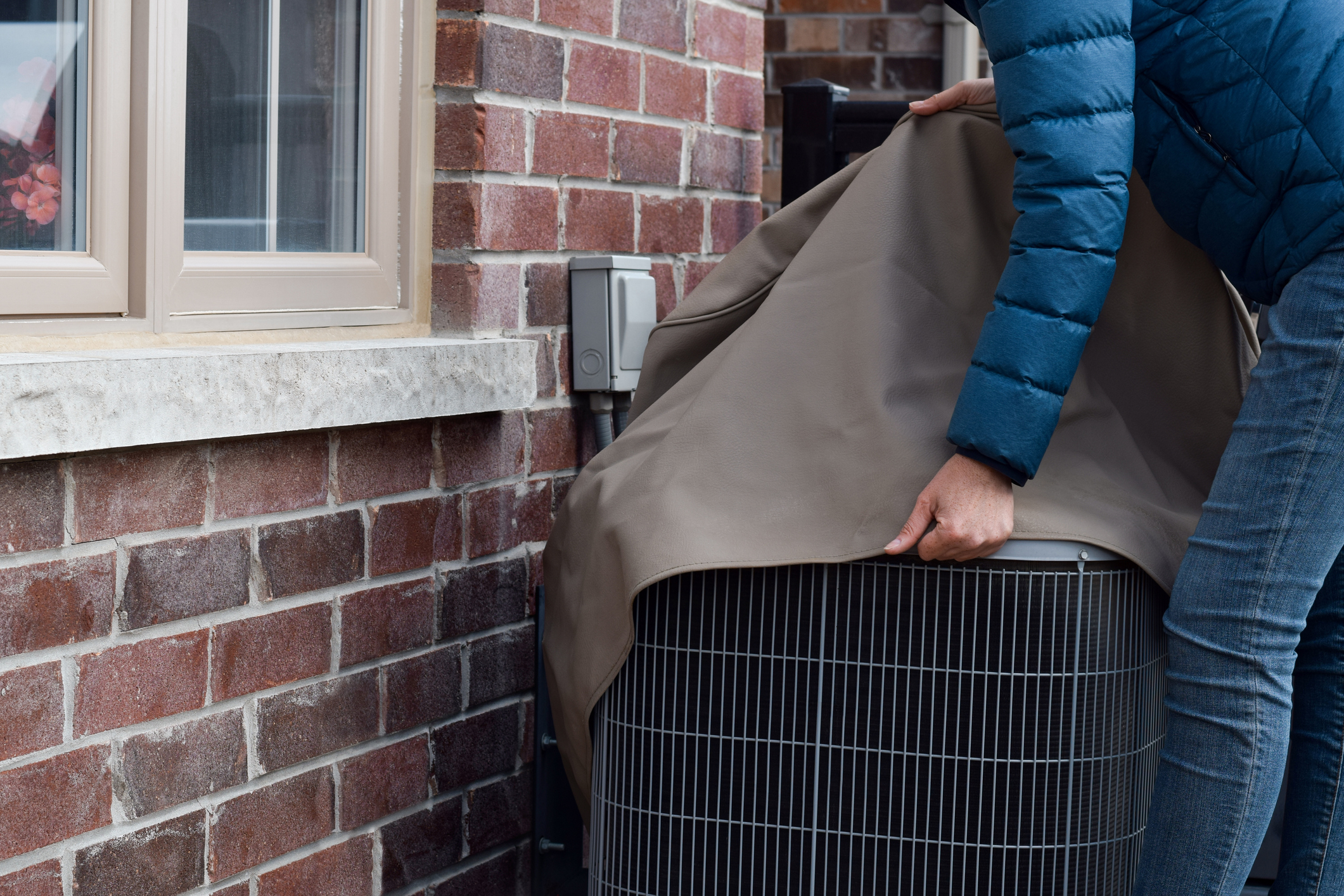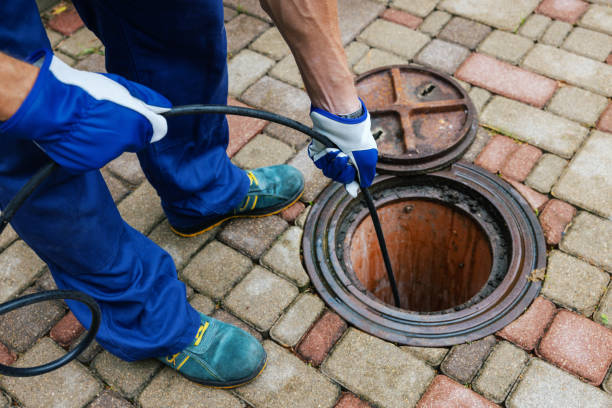Winter Weather Safety Tips for Pennsylvania Residents in 2024
The cold and crisp Pennsylvania air can be hard on your home’s HVAC system and plumbing infrastructure. From freezing pipes to increased strain on your heating unit, it’s important to take preventative measures that protect these vital systems’ reliability, performance, and longevity.
Here, we’ll break down important steps you can take to weatherize your home and safeguard your central comfort systems for the 2024 winter and beyond.
Winter Tips for HVAC Systems
Winter in Pennsylvania is equally captivating and formidable, demanding your heating system be an ally against the cold. With an average of 30 inches of snowfall per winter, keeping your system operating efficiently and effectively when outside temperatures plummet is essential.
Here’s how you can protect your heating system this winter:
- Clean the air filter: Air filters allow for optimal airflow. A dirty filter can decrease the efficiency of your system, making it work harder to reach your desired temperature.
- Check thermostat settings: Adjusting your thermostat settings for winter comfort — ideally, around 68 to 70 degrees while at home and a bit lower when sleeping — can help reduce energy consumption while protecting critical plumbing components. With programmable thermostats, you can regulate indoor temperatures efficiently for optimized savings and comfort.
- Seal leaks: Drafts in your home increase the workload on your heating system. By sealing gaps and insulating windows and doors, you can create a more energy-efficient environment and lower your energy bills.
- Clear vent areas: Vents blocked by furniture and other obstructions make it difficult for your system to maintain a consistent temperature. This is also important for your outside unit. Clearing away debris, leaves, and plants from around your outdoor unit can help maintain the efficiency and performance of your system.
Scheduling annual HVAC maintenance keeps your system operating at its best. By having your heating system tuned up in the fall or early winter, you can ensure the reliability of your system.
Winter Tips for Plumbing Systems
Residents know that being well-prepared is more than another checklist task; it’s an essential part of security and comfort that transforms the winter experience in Pennsylvania.
Here’s how you can help protect your plumbing system this season:
- Locate & address leaks: Air leaks can lead to frozen or burst pipes when temperatures drop below freezing. Ensuring openings and leaks in your walls, attic, basement, crawl space, doors, and windows are addressed lowers the risk of a plumbing disaster.
- Insulate water supply lines in unheated areas: If you have water supply lines — both hot and cold — in crawl spaces or attics, it’s essential to protect them from the cold.
- Maintain heating: Your home’s central appliances work together to maintain function. Without adequate heating, pipes are exposed to cold temperatures that can cause costly damage.
- Maintain consistent indoor temperature during severe weather: If your area is issued a winter storm warning, blizzard warning, or other cold condition alerts, suspend your nighttime temperature changes and maintain a warmer environment to prevent freezing pipes.
Winter Tips for Air Quality
Winter poses a particular challenge to maintaining healthy indoor air quality. With closed windows, sealed doors, and increased reliance on heating systems, indoor air can become stagnant and potentially filled with pollutants.
Here’s how you can change that:
- Ventilate regularly: Fresh air helps flush out indoor pollutants and allows for clean air circulation. Opening your windows periodically during warmer days can help revitalize your indoor air quality.
- Use an air filtration system: You can’t always open your windows. Using air purifiers helps filter airborne particles, allergens, pollutants, and other contaminants, promoting healthier indoor air.
- Replace filters: Replacing your heating system’s filter reduces the buildup of contaminants and ensures efficient air circulation.
- Monitor carbon monoxide levels: Install a carbon monoxide detector in key areas of your home, especially near your heating system, to detect and prevent leaks that can pose serious health risks.
Choose Signature HVAC
At Signature HVAC, we understand the unique challenges that residents in Pennsylvania face every winter. That’s why we deliver unmatched services to restore warmth, comfort, and security to homeowners and residents with comprehensive HVAC, plumbing, and indoor air quality solutions.
Our fully trained, trustworthy, NATE-certified professionals deliver on-time service in hours, not days, with 24/7 emergency repair — guaranteeing nothing less than complete satisfaction.
Schedule HVAC, plumbing, or indoor air quality services in Pennsylvania by calling Signature HVAC at 610-738-8310.





